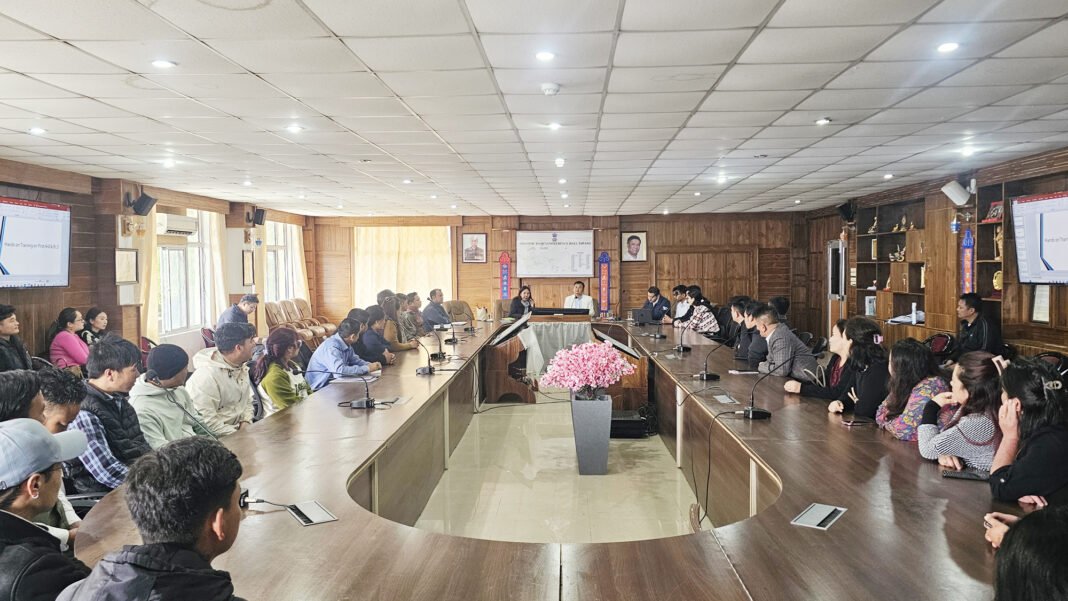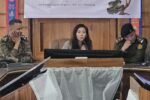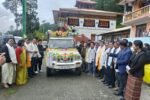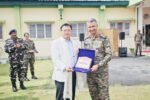HT Bureau
NAMSAI, June 5: In a move aimed at enhancing safety and hygiene in the tourism sector, the District Administration of Tawang conducted an awareness-cum-hands-on training programme on Thursday at the Conference Hall of the Deputy Commissioner’s Office.
According to an official statement, the initiative, spearheaded by Deputy Commissioner Kanki Darang and jointly organised by the Department of Tourism, Tawang and KDS District Hospital, sought to equip key tourism stakeholders with essential knowledge on cleanliness protocols and the use of emergency medical kits.
Participants included taxi and tour operators, hoteliers, and homestay owners, who were trained on basic first-aid procedures crucial for a high-altitude destination like Tawang.
Addressing the gathering, DC Darang stressed that life-saving skills such as CPR and oxygen administration are critical in a region frequented by tourists with varying levels of altitude acclimatisation.
He recommended that all tourist vehicles and accommodations be equipped with oxygen cylinders as a mandatory safety measure.
The DC also highlighted the importance of environmental conservation and announced that plastic and PET bottles would no longer be allowed beyond the Giant Buddha for vehicles and tourists heading towards popular destinations such as Bumla.
He advocated for stricter cleanliness practices, including waste segregation and the use of compost pits for biodegradable household waste to support organic farming.
District Tourism Officer Tsering Dekey welcomed attendees and expressed gratitude for the proactive participation of tourism service providers.
She also thanked the Health Department for their support in conducting the training and urged stakeholders to adhere strictly to the district’s cleanliness and safety guidelines to ensure a responsible tourism experience in Tawang.
The medical training session was led by a team from KDS District Hospital, under the guidance of District Medical Officer Dr Thupten Lhamu and Medical Superintendent Dr Tenzin Kunga.
Participants were given practical demonstrations on using portable oxygen kits, performing CPR, and managing high-altitude illnesses such as mountain sickness.
The programme received a positive response from the participants and was seen as a meaningful step toward ensuring safer and more sustainable tourism practices in the region.












